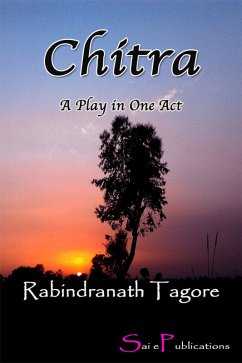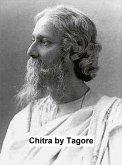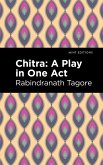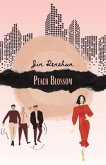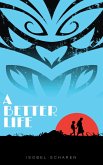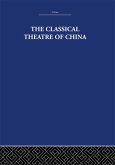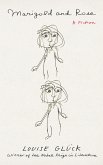THE CHARACTERS
GODS:
MADANA (Eros).
VASANTA (Lycoris).
MORTALS:
CHITRA, daughter of the King of Manipur.
ARJUNA, a prince of the house of the Kurus. He is of the Kshatriya or "warrior caste," and during the action is living as a Hermit retired in the forest.
VILLAGERS from an outlying district of Manipur.
NOTE.-The dramatic poem "Chitra" has been performed in India without scenery-the actors being surrounded by the audience. Proposals for its production here having been made to him, he went through this translation and provided stage directions, but wished these omitted if it were printed as a book.
SCENE I
Chitra
ART thou the god with the five darts, the Lord of Love?
Madana
I am he who was the first born in the heart of the Creator. I bind in bonds of pain and bliss the lives of men and women!
Chitra
I know, I know what that pain is and those bonds.-And who art thou, my lord?
Vasanta
I am his friend-Vasanta-the King of the Seasons. Death and decrepitude would wear the world to the bone but that I follow them and constantly attack them. I am Eternal Youth.
Chitra
I bow to thee, Lord Vasanta.
Madana
But what stern vow is thine, fair stranger? Why dost thou wither thy fresh youth with penance and mortification? Such a sacrifice is not fit for the worship of love. Who art thou and what is thy prayer?
GODS:
MADANA (Eros).
VASANTA (Lycoris).
MORTALS:
CHITRA, daughter of the King of Manipur.
ARJUNA, a prince of the house of the Kurus. He is of the Kshatriya or "warrior caste," and during the action is living as a Hermit retired in the forest.
VILLAGERS from an outlying district of Manipur.
NOTE.-The dramatic poem "Chitra" has been performed in India without scenery-the actors being surrounded by the audience. Proposals for its production here having been made to him, he went through this translation and provided stage directions, but wished these omitted if it were printed as a book.
SCENE I
Chitra
ART thou the god with the five darts, the Lord of Love?
Madana
I am he who was the first born in the heart of the Creator. I bind in bonds of pain and bliss the lives of men and women!
Chitra
I know, I know what that pain is and those bonds.-And who art thou, my lord?
Vasanta
I am his friend-Vasanta-the King of the Seasons. Death and decrepitude would wear the world to the bone but that I follow them and constantly attack them. I am Eternal Youth.
Chitra
I bow to thee, Lord Vasanta.
Madana
But what stern vow is thine, fair stranger? Why dost thou wither thy fresh youth with penance and mortification? Such a sacrifice is not fit for the worship of love. Who art thou and what is thy prayer?
Dieser Download kann aus rechtlichen Gründen nur mit Rechnungsadresse in A, B, BG, CY, CZ, D, DK, EW, E, FIN, F, GR, H, IRL, I, LT, L, LR, M, NL, PL, P, R, S, SLO, SK ausgeliefert werden.

